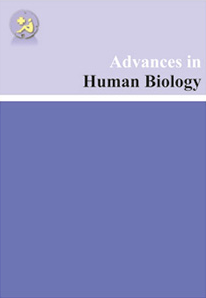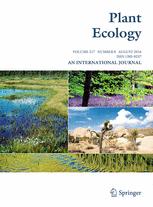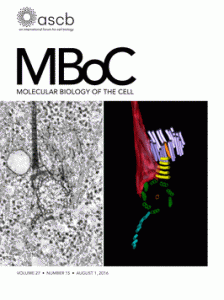 A biology journal has blacklisted authors from publishing their work after finding their case report about a dementia patient with hypersexuality was plagiarized from a previously published report.
A biology journal has blacklisted authors from publishing their work after finding their case report about a dementia patient with hypersexuality was plagiarized from a previously published report.
The retraction notice, issued by Advances in Human Biology (AIHB) in June, recognizes the case as “scientific misconduct.” The journal launched an investigation after the plagiarism was flagged by the author of the original report, the editor-in-chief of the journal told us. Eventually, the journal retracted the report — and removed it entirely from their website.
Additionally, the journal posted this notice on their site, blacklisting the authors from publishing in AIHB again: Continue reading Journal blacklists authors for plagiarizing case report about hypersexuality in dementia







 With so many
With so many